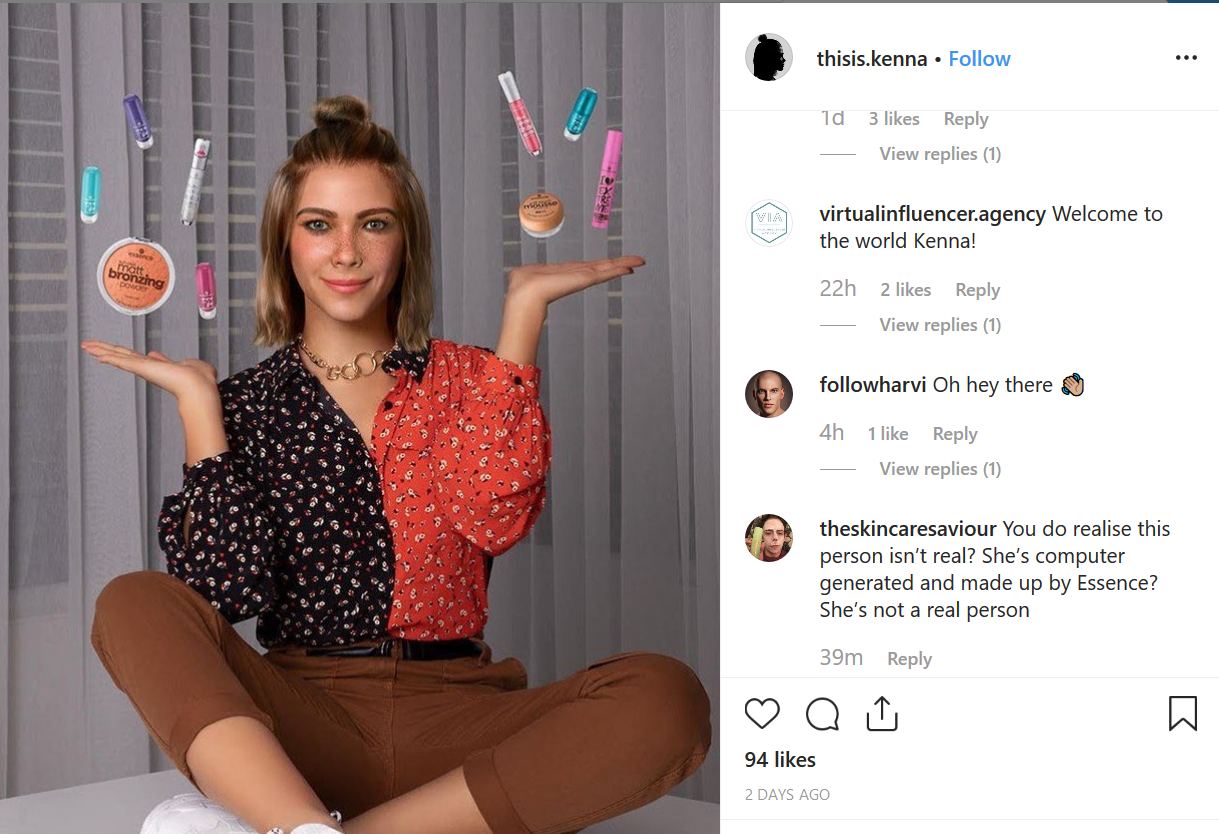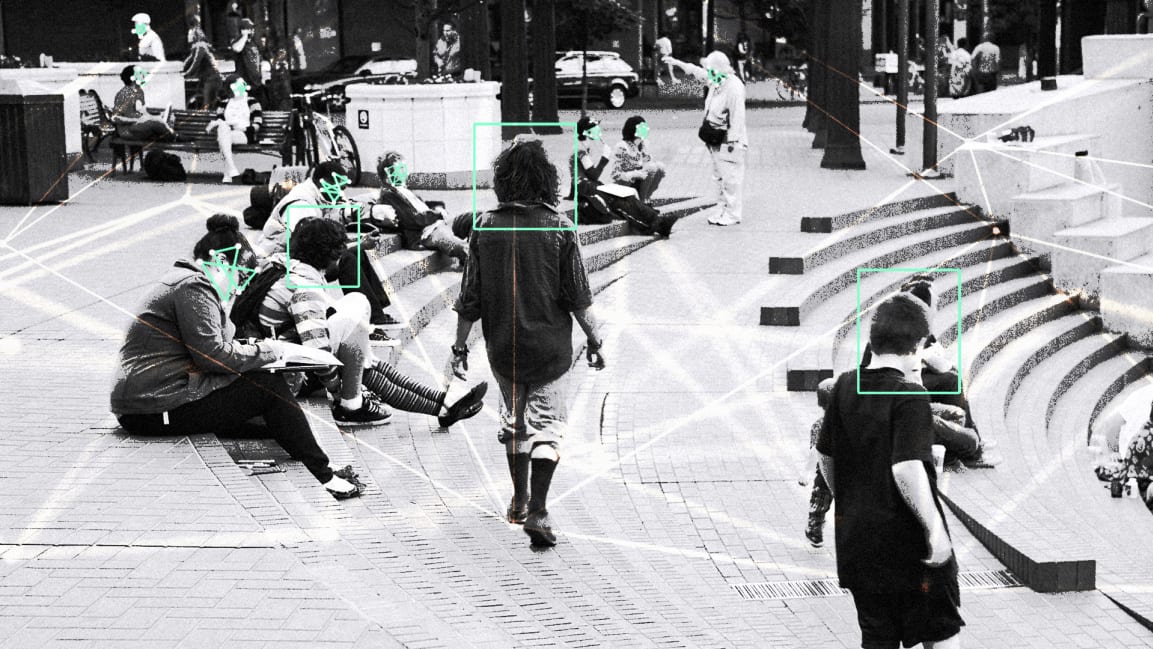Check in each Friday afternoon for a roundup of the week’s most interesting digital campaigns and stories as selected by rotating members of Team Tunheim.

Streaming services users will drop platforms to join new ones
Netflix has been known to say that their biggest competitor is sleep, but as more and more streaming services become available, they may lose some customers to actual competitors. A new survey found that although about half of people are looking to add new services, 25% are looking to drop one of their existing subscriptions.

TikTok has Admitted to Censoring Content in an Attempt to Stop Bullying
TikTok has admitted that it restricted the reach of posts by users it identified as vulnerable, including disabled, overweight or LGBTQ+ individuals. The reasoning behind the censorship seems to be a misguided anti-bullying effort. TikTok now says that “while the intention was good, the approach was wrong, and we have since changed the earlier policy in favor of more nuanced anti-bullying policies and in-app protections.” Other social media apps have been making efforts to stop cyberbullying, but TikTok clearly missed the mark

Essence Cosmetics has a New “Influencer”
Beauty brand Essence Cosmetics posted a photo of their newest “influencer” on their Instagram feed on Wednesday, and it takes a second glance to realize that she is a digital image. “Kenna” was introduced as their new product development intern and she even has her own Instagram page, @thisis.kenna. Kenna’s followers will get an inside look at product development at Essence Cosmetics, while following an amalgam of the young women in their target audience, going through the same challenges they are. She’s not a regular intern, she’s a CGI intern.

Portland Plans to Propose the Strictest Facial Recognition Ban in the Country
Portland, Oregon plans to ban the use of facial recognition for both the government and private businesses by spring. Although other cities have implemented facial recognition regulations, adding the limitation on private businesses makes this the country’s strictest ban yet. Experts predict that this will spark a trend, as there is public concern about being tracked by facial recognition technology, and inconsistency in how the technology recognizes women and minorities.





